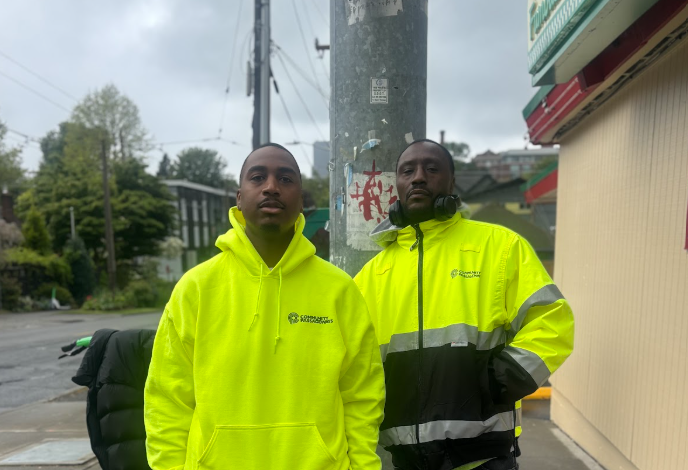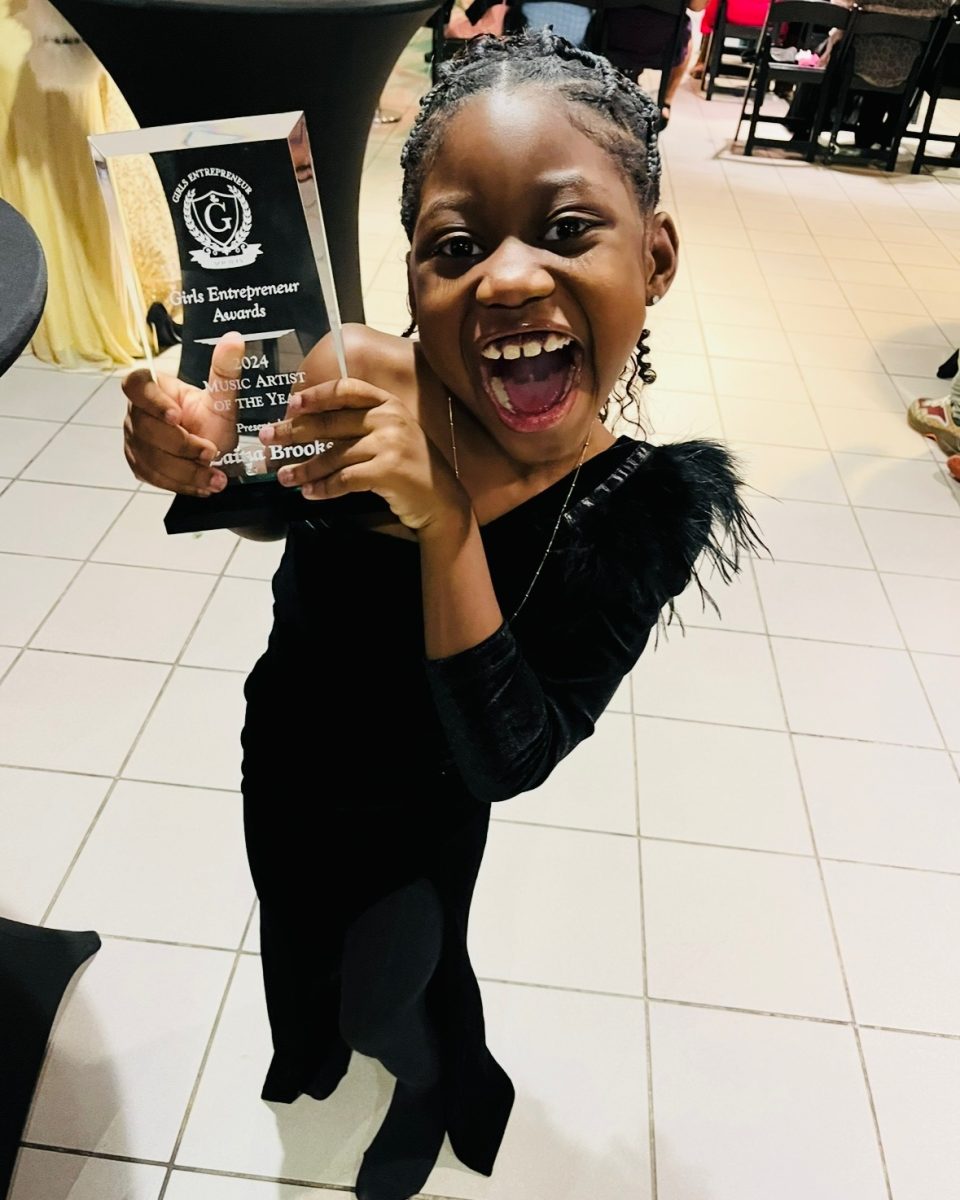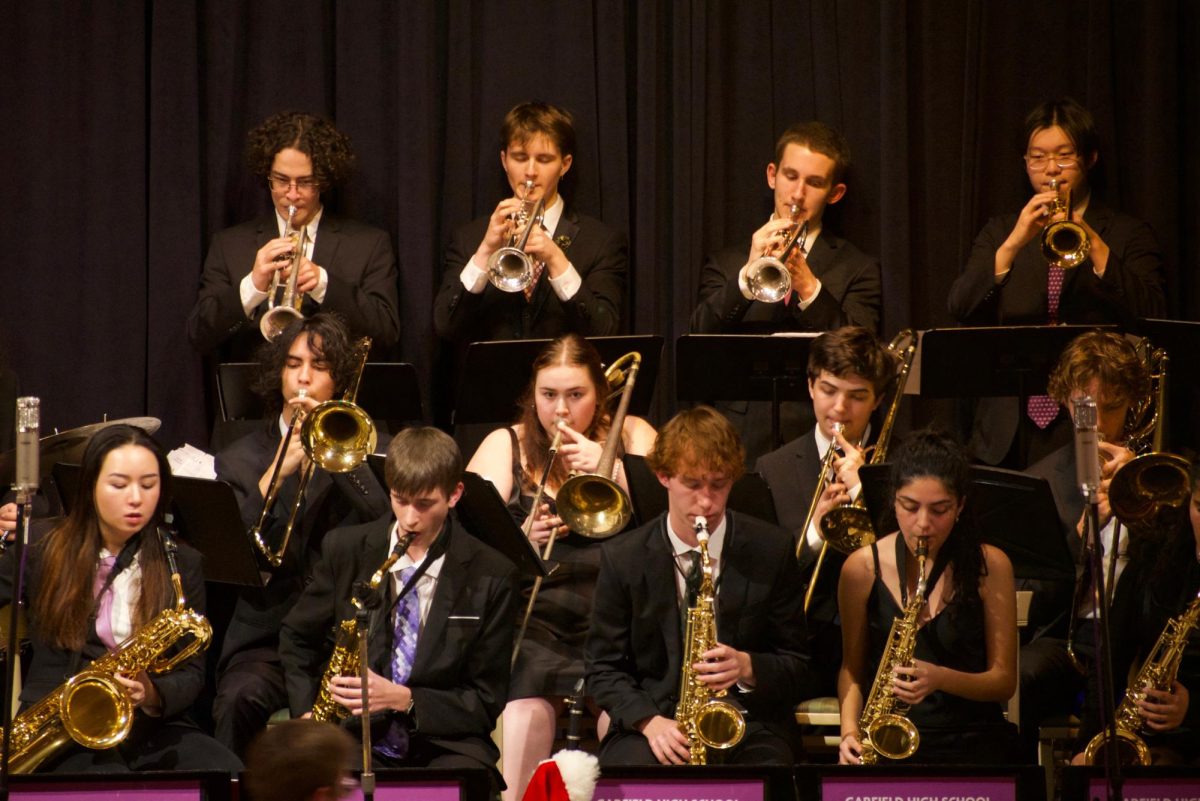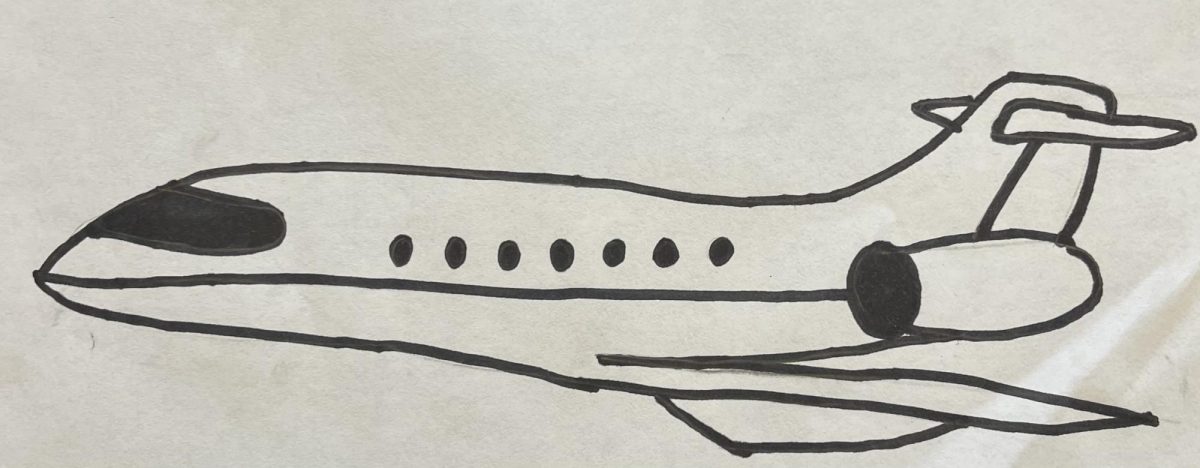Many Bulldogs have probably seen the men and women, clad in neon green, who stand at the intersection of 23rd and Jefferson during lunchtime and the end of school. While they serve a very visible role on campus, numerous students probably just stride past them to their destination.
As for who they are, Community Passageways is a non-profit organization on the frontline of local violence intervention and dismantling the school-to-prison pipeline. Founded in 2017, Community Passageways helps underprivileged, Black, and Brown youth flourish and succeed by providing mentorship and, as the organization’s name suggests and Community Passageways worker Tom Jack put it, “safe passage” between both locations and access to resources.
Community Passageways, however, offers more assistance than from just the sidelines. Its community safety programs offer crisis response and violence intervention assistance in addition to securing safe passage for anyone who feels unsafe. Community Passageways offers protection assistance to the funerals’ of people with violent backgrounds to prevent any violence from further occurring. Partnered with King County’s Regional Office of Gun Violence Prevention, Community Passageways is an official service provider of culturally aware community leadership of not just preventing and eventually eliminating gun violence but also providing life-affirming care and resources to ensure equitable health outcomes.
Since January of last year, their violence prevention program has been at the Garfield campus, and as Dr. Hart announced during his advisory address on Monday, two new workers from Community Passageways, Jay and LuLu will be present in the Garfield building.
Although community intervention and prevention are issues more immediate to the Garfield community, one of Community Passageways’ greater goals is addressing incarceration and the school-to-prison pipeline. The school-to-prison pipeline is the practices and policies of schools and governments that disproportionately cause schoolchildren, typically of more disadvantaged backgrounds, to be more likely to become incarcerated in their lives. Harsh school disciplinary policies like zero-tolerance, the employment of school resource officers, the dismissal of due process in suspensions and expulsions, and inadequate public funding to schools are all contributors to the trend. These policies, which rely more on punishment, discipline, and public inaction instead of restorative justice and public investment, increase rates of suspensions and expulsions. Pushed out of school, many kids are sucked into the juvenile and criminal system.
By supporting youth and young adults through the criminal process, Community Passageways is, as their mission statement says, replacing “the school-to-prison pipeline with a school-to-life success pipeline.” Putting youth on the track of restorative justice, preventing them from being swallowed by the exploitative punitive justice system, allows them to redevelop themselves into people with purpose and opportunity.
Instead of a faceless government agency, Community Passageways is an organization with legitimate street credibility as its members are from the very streets they serve. The vast majority of people who received reduced sentences with the help of Community Passageways have gone on to graduate college and begin businesses, rebuilding a community stratified by economic and punitive injustice.









